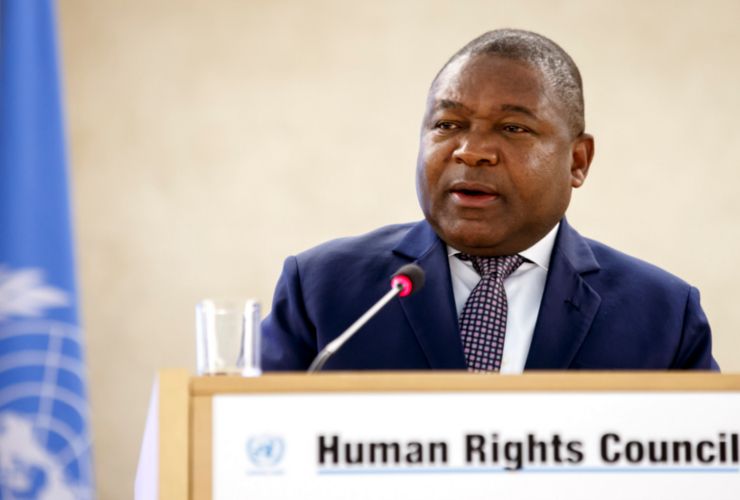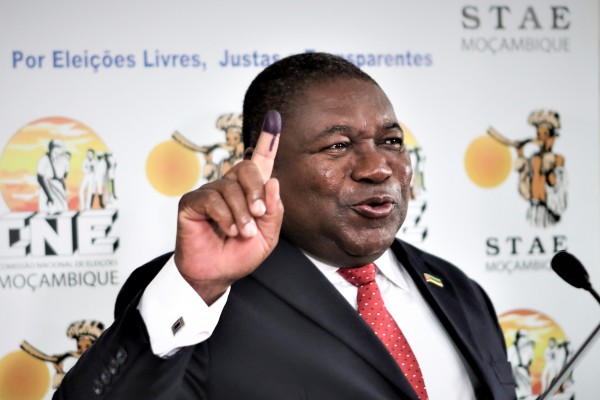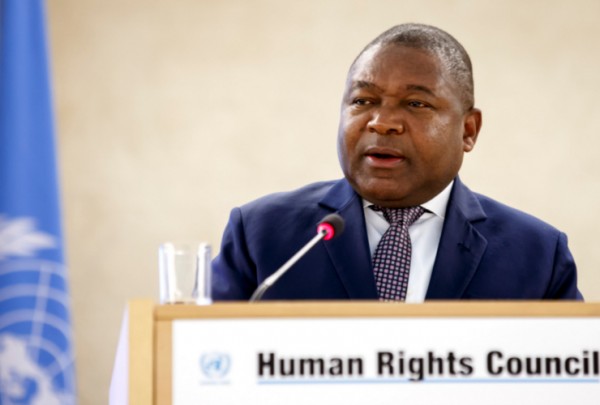The IPI global network calls on police officials in Mozambique to drop a criminal defamation and slander case against journalist Leonardo Gimo following the journalist’s report on suspected corruption.
According to reports, the current lawsuit was initiated by the district commander of the Police of Angoche, Cesarito Rumeia. He filed the case after Gimo, a journalist for TV Sucesso, reported on alleged police corruption last September. MISA Mozambique, a local press defense group, said that Gimo had been requested to appear before the National Services of Criminal Investigation (SERNIC) of Nampula on June 8 to give statements in the case against him. If found guilty, Gimo risks up to one year in prison and a fine.
Rumeia claimed the court action aimed at restoring “the good name of the corporation”, asserting the coverage did not represent the truth. Although the journalist did not mention any names in his report, Rumeia alleged it tarnished his institution’s reputation.
Criminal defamation laws do not meet international standards on freedom of expression. Principles 22(3) and (4) of the Declaration of Principles on Freedom of Expression and Access to Information in Africa encourages states to amend criminal laws on defamation and libel in favor of civil sanctions, which themselves should be necessary and proportionate. The Declaration notes that custodial sentences for defamation and libel are a violation of the right to freedom of expression.
Leonardo Gimo was also arrested and questioned about his media work in the region last year and was accused of being involved in terrorism because he spoke to individuals suspected of involvement in terrorist acts.
‘’Police authorities in Nampula should drop the case against Gimo and instead should ensure that journalists can play their role of government watchdog in support of accountability and transparency”, IPI Director of Advocacy Amy Brouillette said. “The police in Mozambique, as all public institutions, must be open to public scrutiny.”
She added: “Criminal defamation laws do not meet international standards on freedom of expression in part because of the ease with which they can be abused. Those who claim damage to their reputation can resort to a right of reply or, if needed, civil law, provided safeguards for free expression are in place. Mozambique should bring its defamation laws in line with international standards to help ensure journalists can play their crucial democratic role without fear of reprisal.”
Challenges to press freedom in Mozambique
The charges against Gimo come amid a wider challenging environment for press freedom and journalist safety in Mozambique, as IPI’s mission report showed earlier this year.
In January this year, a journalist working with a local radio station, Rádio Comunitára Thumbine, was assaulted by police agents in Milange, in the Zambezia province in central Mozambique, after he resisted extortion of money by the police.
With the insurgency conflict in the enclave of Cabo Delgado, press freedom in Mozambique has been a victim of the fight against the armed insurgency and state security, with journalists paying a heavy toll. In particular, it has been three years since journalist Ibraimo Mbaruco disappeared in the region, and the authorities are yet to account for his whereabouts and his fate.
In addition, the government is also considering passing a bill that would allow it to put greater pressure on civil society groups, including those working to promote and protect press freedom. IPI has called on the government to withdraw the controversial bill.



